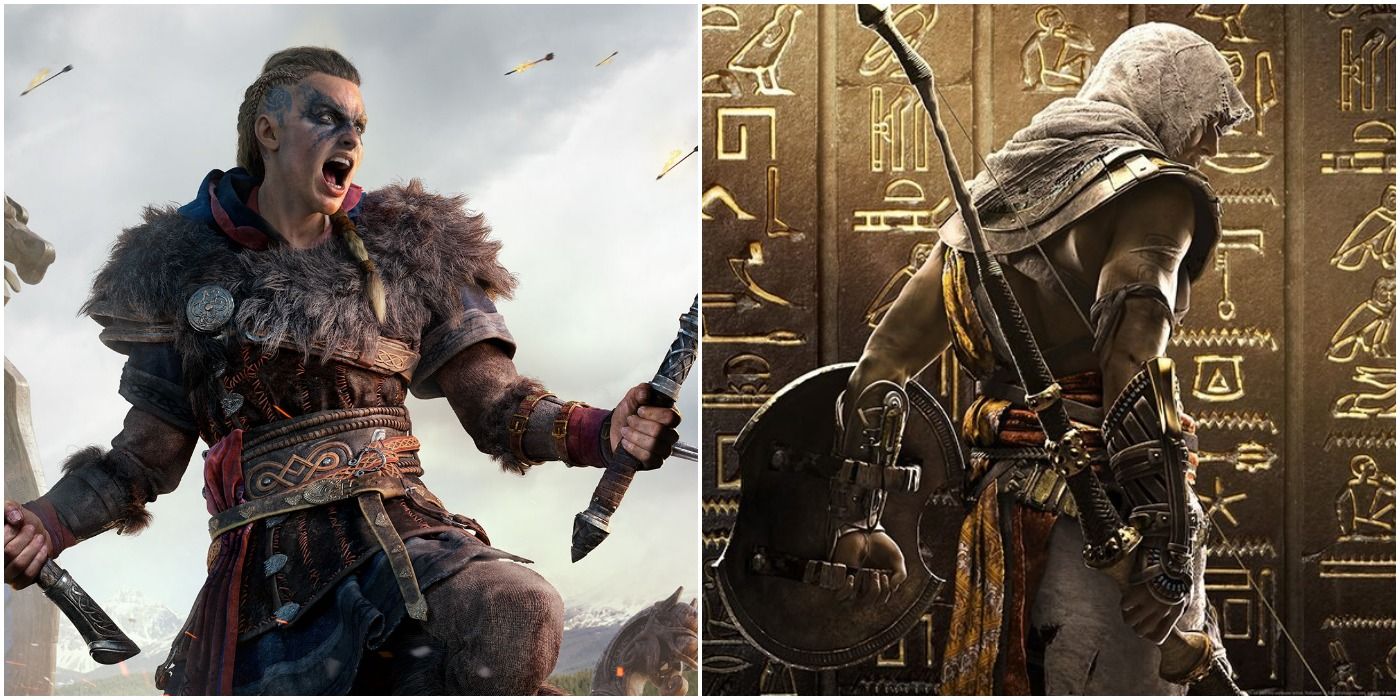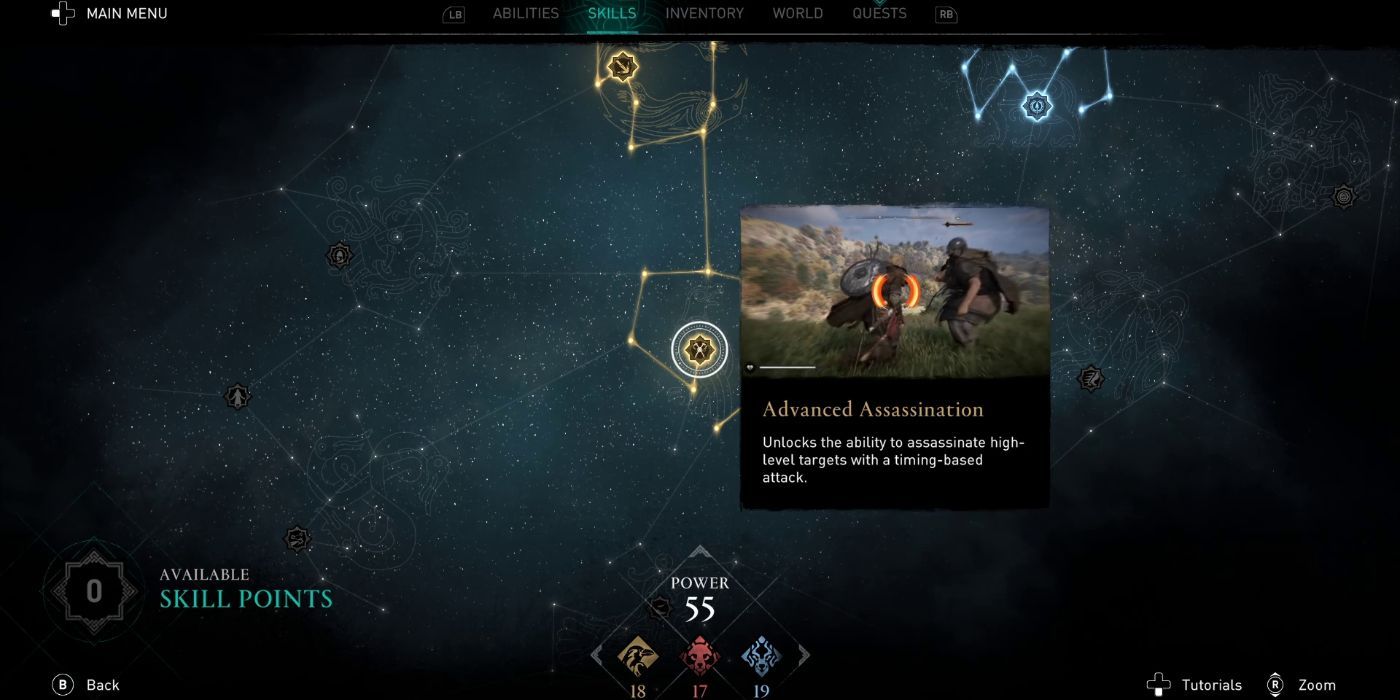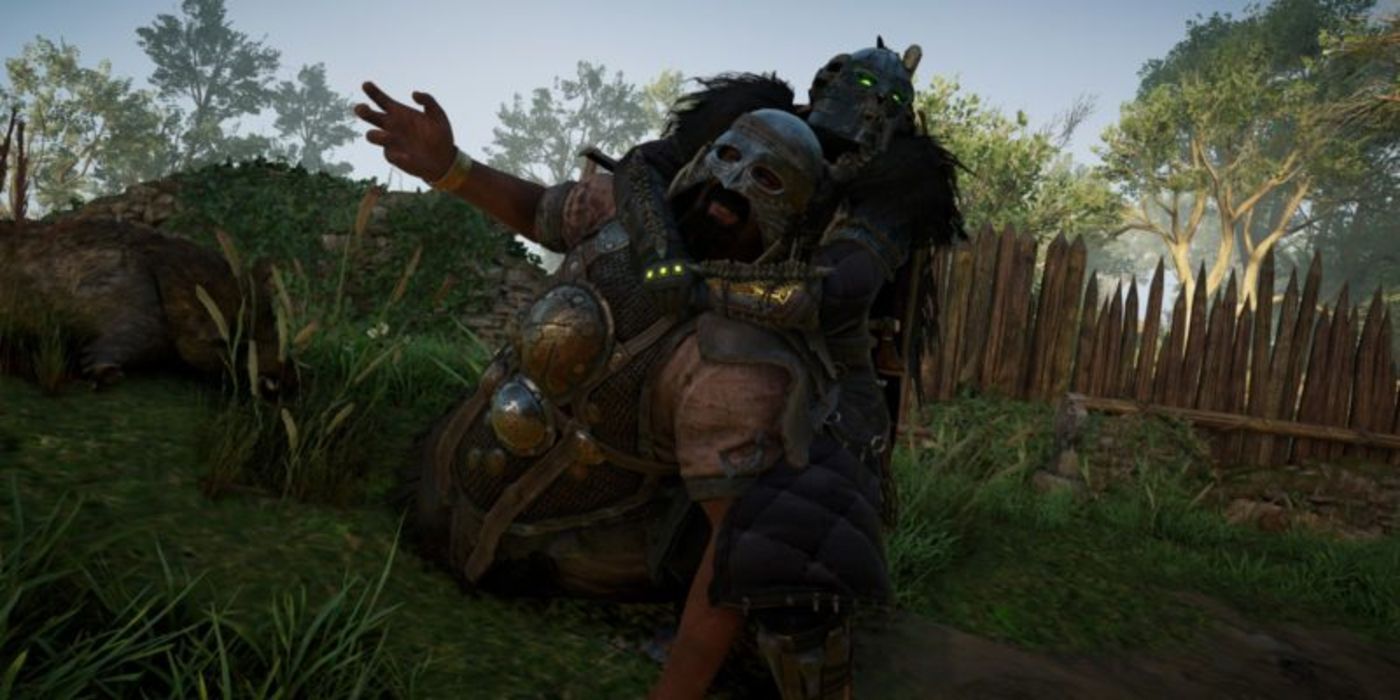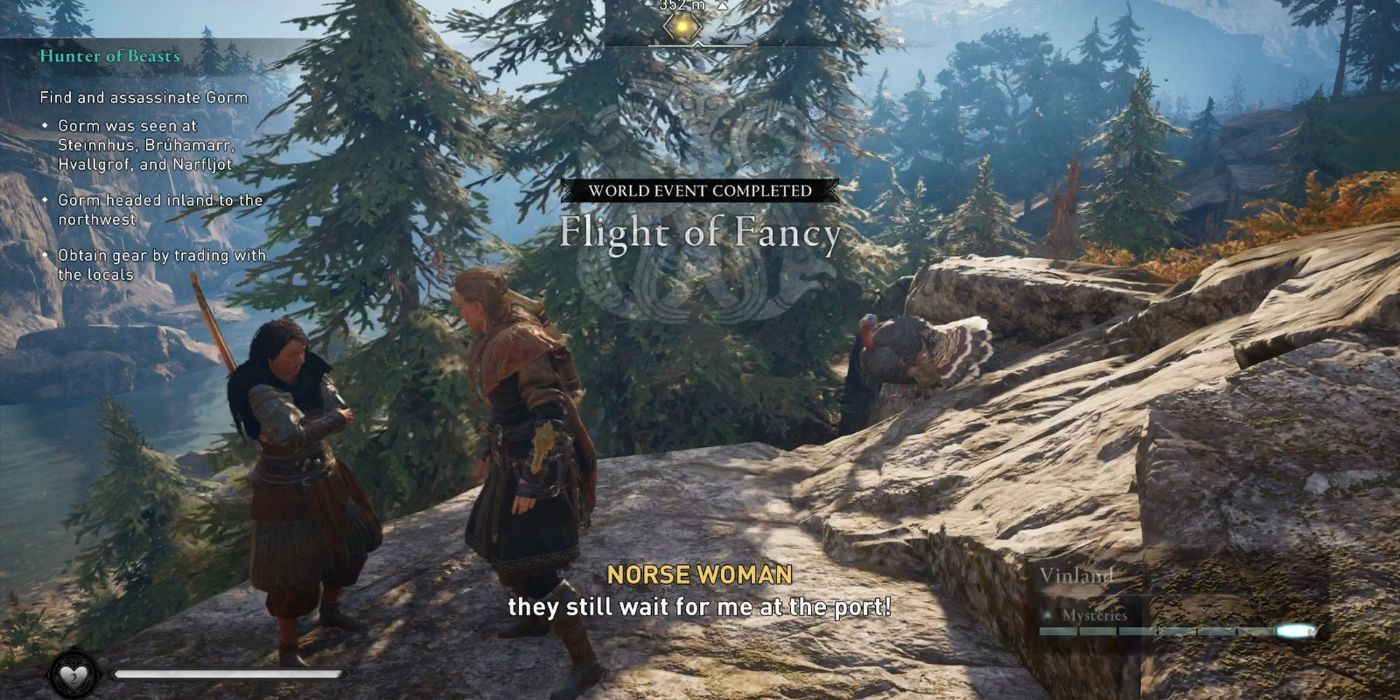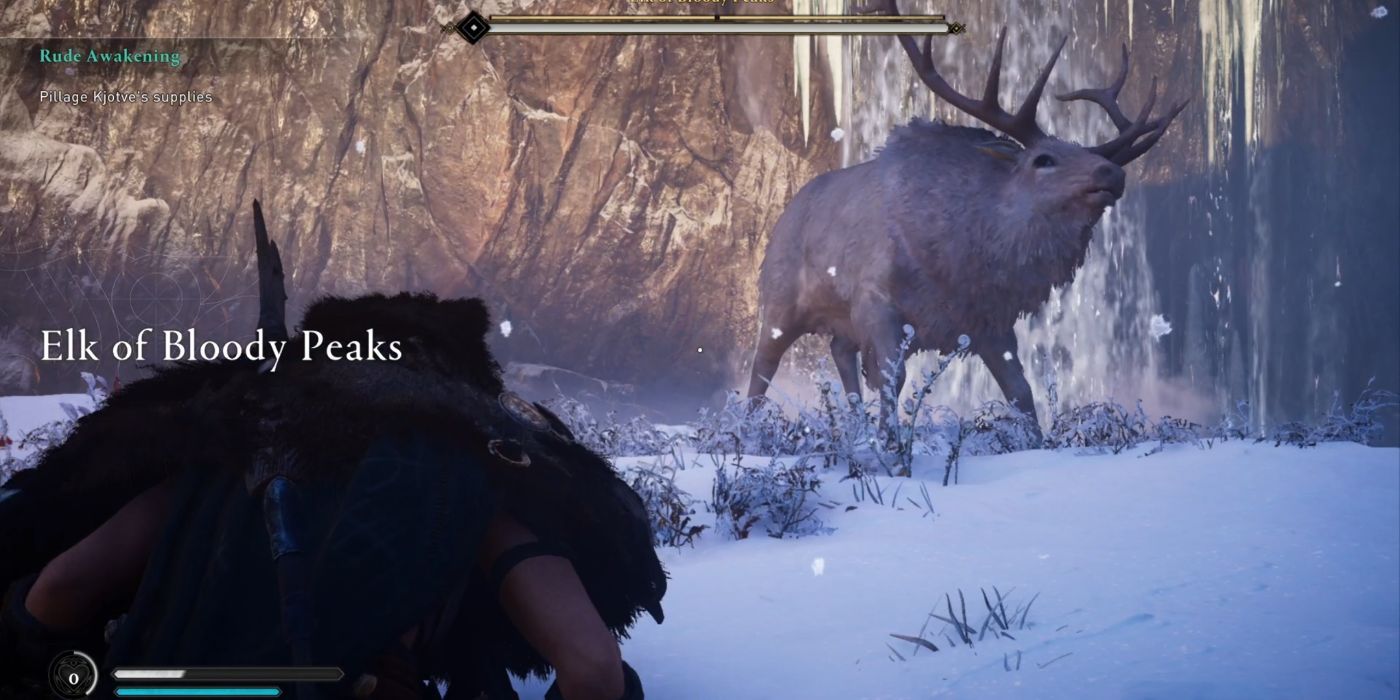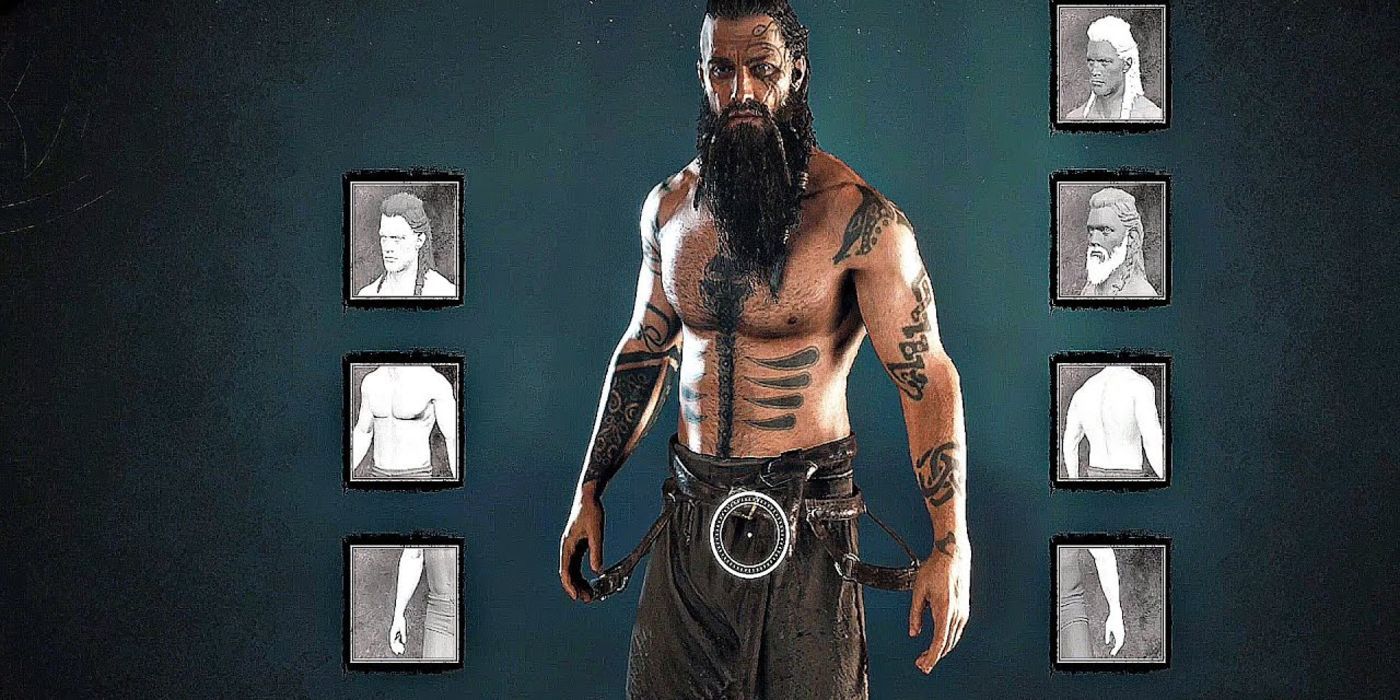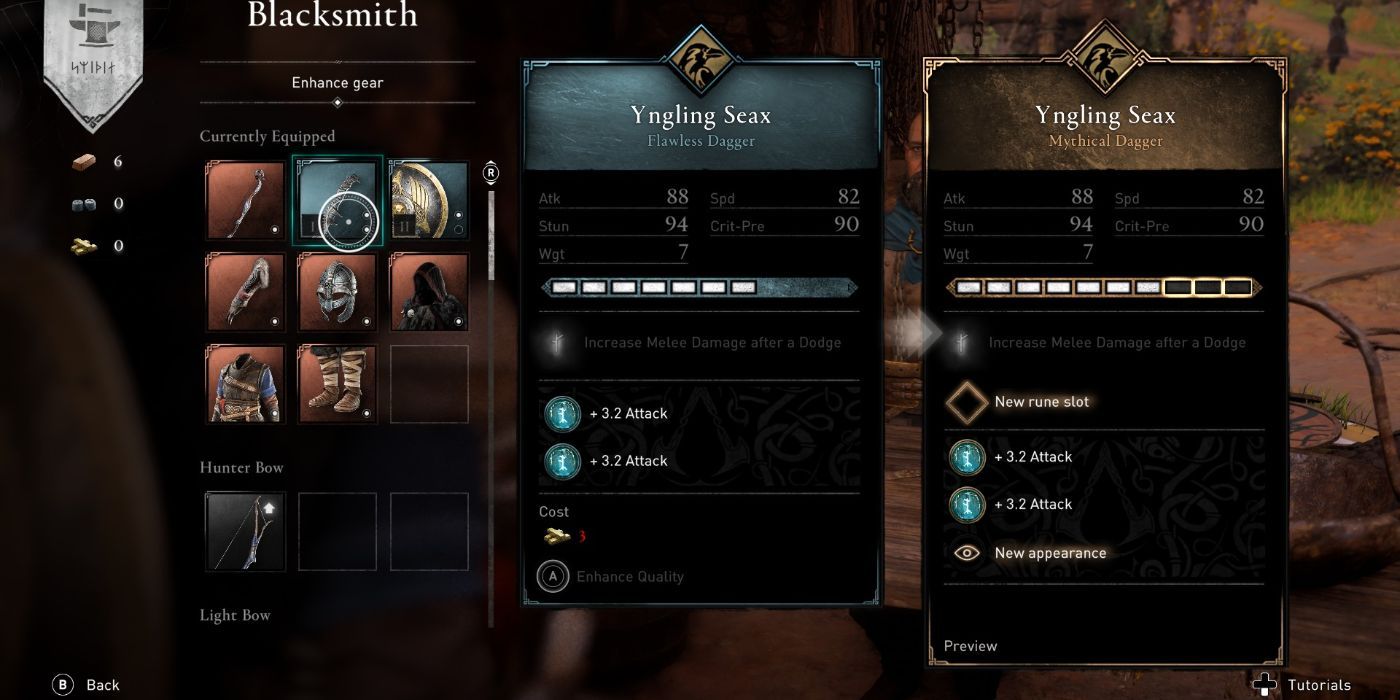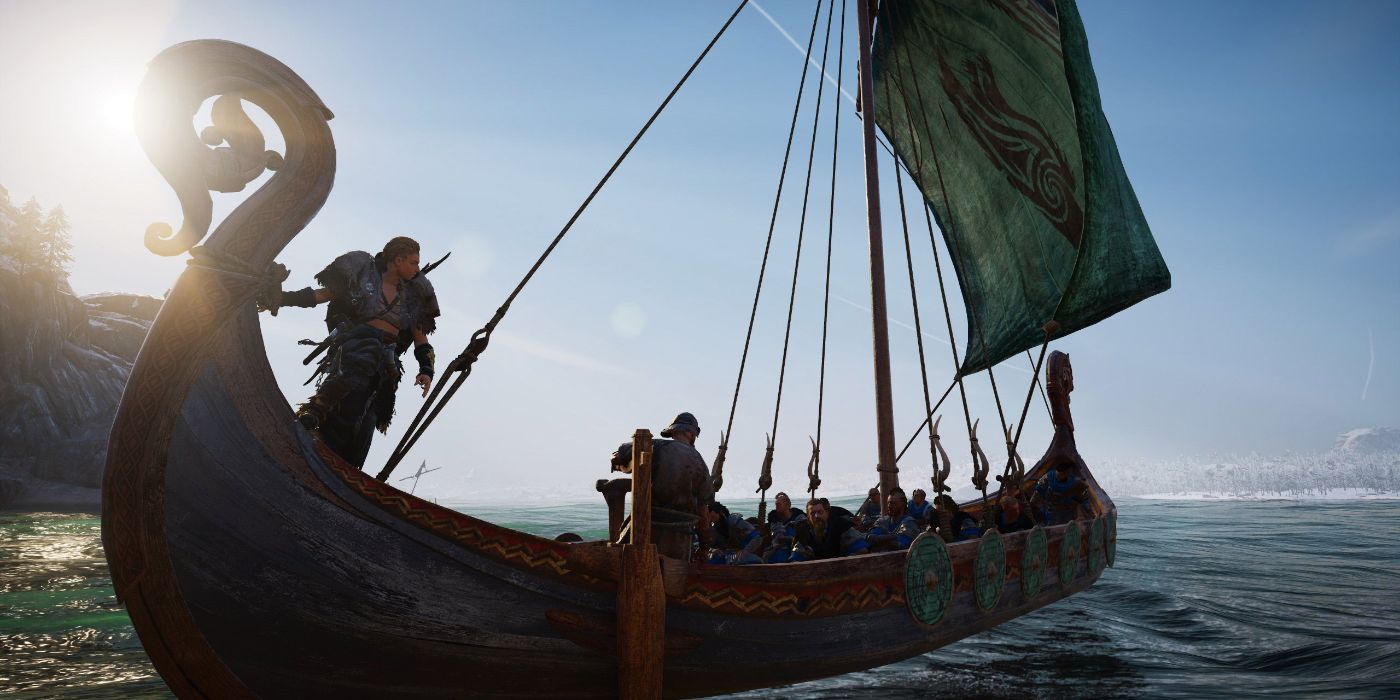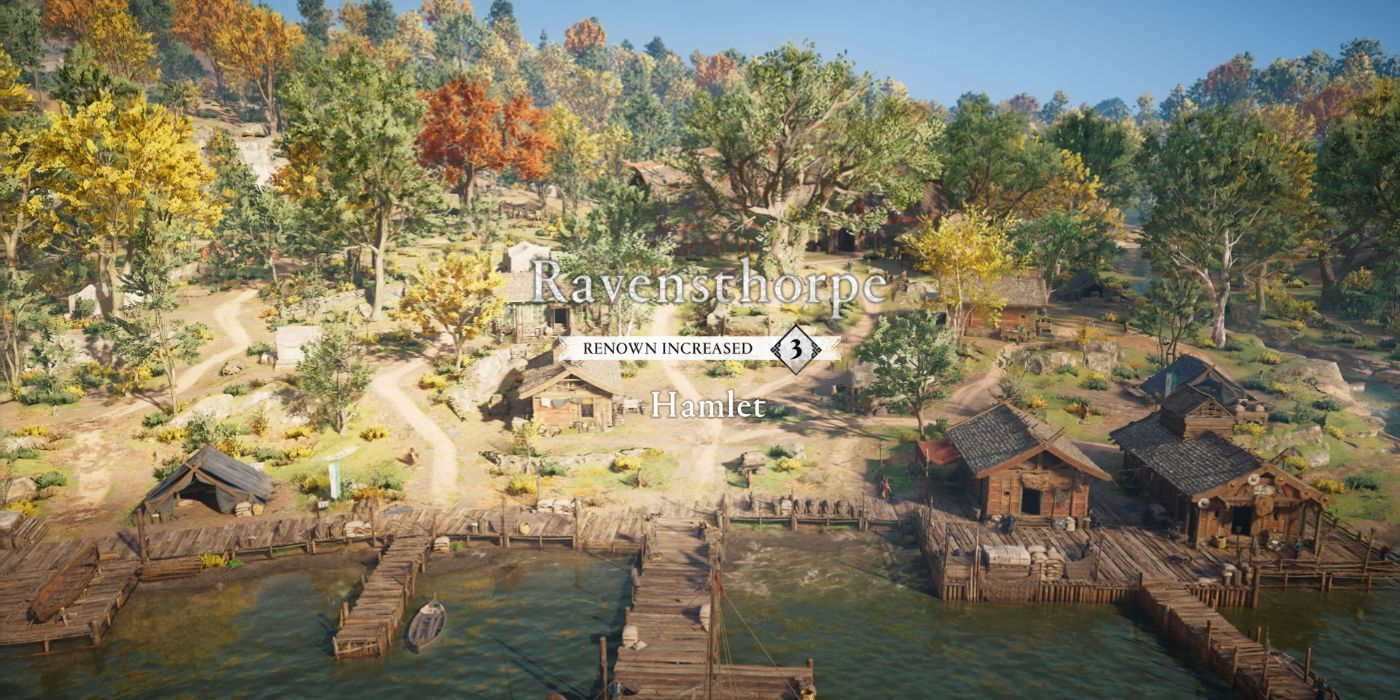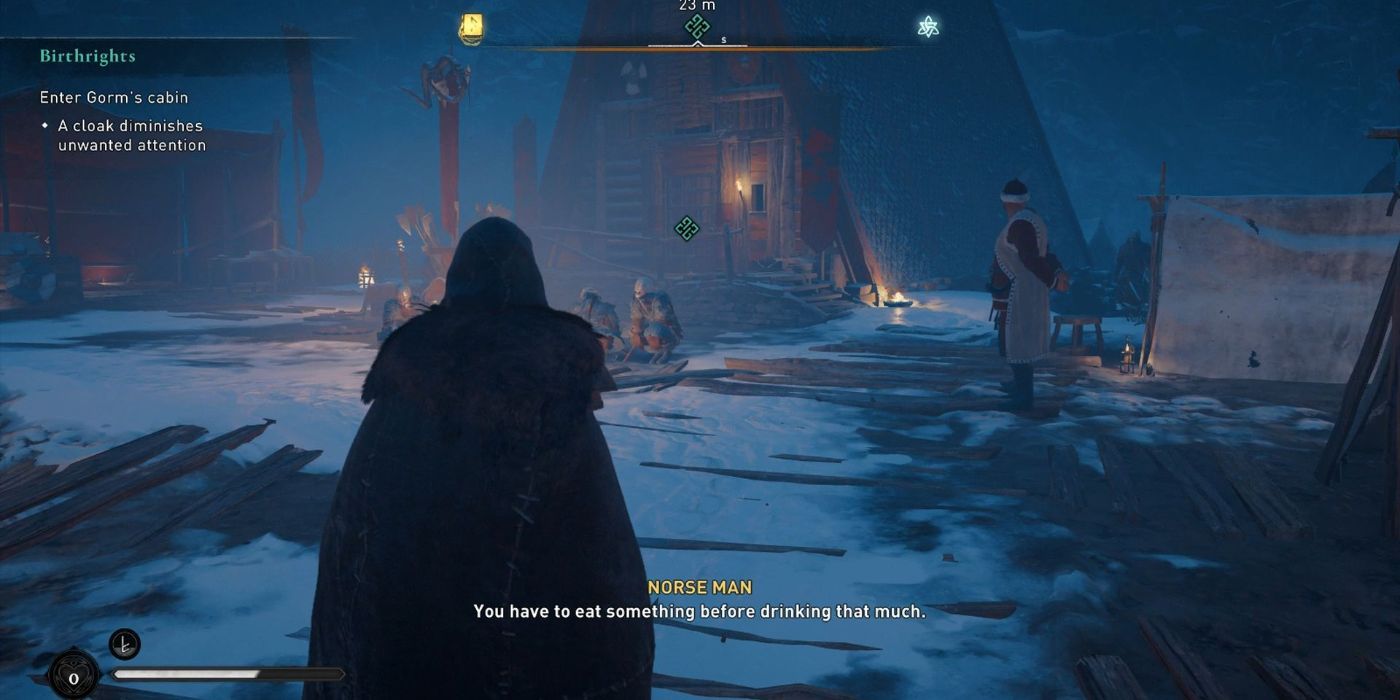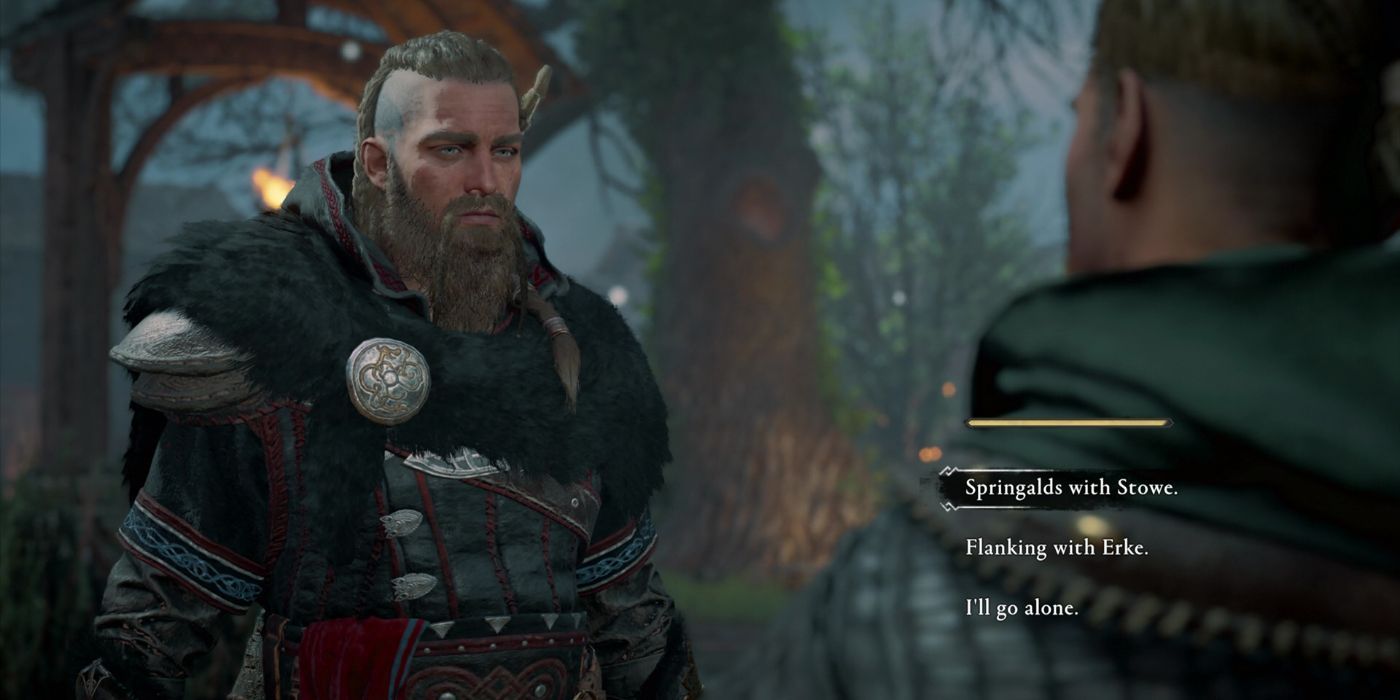The Assassin's Creed series has gone through a number of gameplay changes since Ubisoft released the first game in 2007. It went from being a mere open-world game with parkour and RPG elements from starting to lean more into the latter to keep people engaged. This change is evidenced by the changes made to Valhalla from Origins, the latter of which was first released in 2017.
While there are obvious changes, like the numerous new and different historical figures encountered with the setting change, there are other less obvious changes that have been made from Origins. Here are 10 changes that were made for Valhalla that makes it different in some ways from Origins.
10 Leveling Process
Leveling up is an important process in any game and Origins was no different. While that game had the traditional level one to 99 system, Valhalla decided to do something different with it.
Valhalla uses a power system that increases with each skill point spent in one of three unique leveling paths. These are the way of the raven, way of the bear and the way of the wolf. Skill points can be earned through doing quests, collecting certain items or completing a puzzle.
9 Combat
Origins laid down the combat system that was used in Valhalla. While both are pretty similar with how they are controlled, they are actually a number of different changes made to it. An obvious one is that fact that weapons can be dual-wielded now. Valhalla's combat also highlights the fighting styles employed by vikings with their brutality. The absence of which would make it feel weird compared to Origins's combat.
8 No Side Quests
New in Valhalla is that unlike with Origins there are no side quests in the game, at least not in the traditional format. Instead of having a quest log become overloaded with side quests, the developers decided to use world events as a substitute.
World events act essentially as random encounters that trigger missions when Eivor interacts with something. These events are not stored in the quest log so only main story quests and arcs are shown in the quest log, unlike with Origins.
7 Legendary Animals
Hunting has been a key part in Assassin's Creed for years now but only recently have legendary hunts been incorporated into the franchise. Origins was the last game to not have legendary animals which are boss fights with larger versions of the game's animals that provide a variety of rewards for completing.
This is a great way for players to put their weapons, like a great sword, to the test against some ferocious beast. While Origins had a variety of ways to level up and get some loot, Valhalla does this too along with the immense satisfaction of overcoming one of nature's apex predators.
6 Customization Options
Bayek, the protagonist of Origins, could be customized in a small amount of ways like whether he wears a hood, has a beard or what kind of armor he uses. Valhalla doubled down on what players could do to Valhalla's protagonist, Eivor, making them the most customized character in the series.
Along with deciding Eivor's gender, players also have the option of changing their hair color, hair style and what kinds of tattoos they can have. Players can truly make their Eivor truly unique from that of others.
5 Upgrading
Upgrading gear is important in both game but have vastly different ways of doing it. In Origins, players had to hunt specific animals to get hard or soft leather in order to upgrade different kinds of gear.
In Valhalla that system was ditched in favor of all leather being just that, leather with iron and wood also playing a role. If players want to upgrade the quality of their gear, they then would have to grab certain crafting components to take to Ravensthorpe's blacksmith to upgrade.
4 A Ship To Explore The Map
Returning from Odyssey, the player's now have their very own ship they can use to explore ninth century England and Norway in Valhalla. The ship can be used to trigger raids to get supplies and customized with cosmetic pieces that can be found or purchased.
Origins did have some ship sections take place in scripted missions but could not explore Ancient Egypt with one. This makes sense for the game since the only body of waters in that game are the Nile River and Mediterranean Sea. Long ships played a major role in viking culture so having Eivor captain one makes sense in the context of Valhalla.
3 A Home Base
Returning from older games, Valhalla now has a home base that is always a friendly place to lie low and plan the next move. That home base being the settlement, Ravensthorpe.
Players can initiate what kinds of alliances they will engage in and use the supplies from raids to upgrade Ravensthorpe to make it a better place to live for the people. It was odd that this was lacking in Origins since Bayek's home, Siwa, seems like a good place to have this kind of thing.
2 Distrust Areas
New to Valhalla is distrust areas. In these areas, Eivor will have to walk around with the hood of their cloak up in order to avoid rousing too much suspicion.
This adds an extra layer of challenge to the game since unlike with Origins, Valhalla makes the player take this into consideration when taking out a target or even just to get from area to another.
1 Branching Narrative
Though Origins was the first game to lean more towards the RPG aspects of the series, it did lack a crucial part found in those types of games. That being a branching narrative where choices have lasting consequences.
Valhalla brings this back from Odyssey and it makes the player really think before committing to a certain action. Plus it helps with the game's replay value since it makes players curious as to what the other option or options might affect the narrative.

